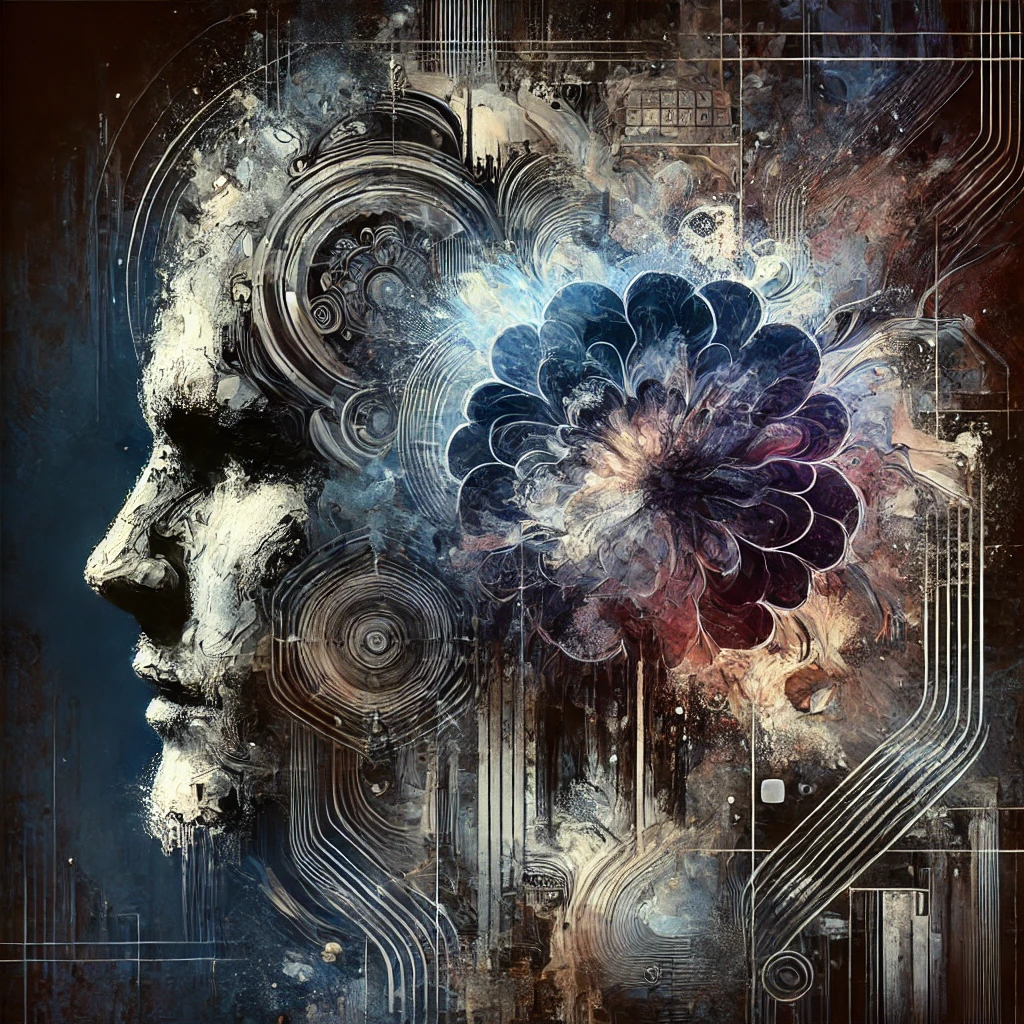When We Were Orphans
Ishiguro’s haunting tale follows Christopher Banks, a renowned detective in 1930s London, as he unravels the mystery of his parents’ disappearance in Shanghai decades earlier. Blending memory and imagination, Banks’ quest becomes a poignant exploration of identity, loss, and the elusive nature of truth. With lyrical prose and subtle emotional depth, Ishiguro crafts a mesmerizing journey through a world on the brink of war, where the lines between past and present blur in unexpected ways.
 Psychological fiction delves into the intricacies of the human mind, exploring themes of mental conflict, emotional depth, and inner turmoil. This genre focuses on the internal experiences of characters, often presenting complex emotional and psychological challenges that drive the narrative. Rather than relying on external action, psychological fiction emphasizes character development, internal dialogue, and the nuanced exploration of thought and emotion.
Psychological fiction delves into the intricacies of the human mind, exploring themes of mental conflict, emotional depth, and inner turmoil. This genre focuses on the internal experiences of characters, often presenting complex emotional and psychological challenges that drive the narrative. Rather than relying on external action, psychological fiction emphasizes character development, internal dialogue, and the nuanced exploration of thought and emotion.